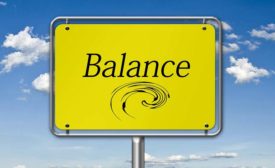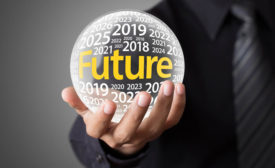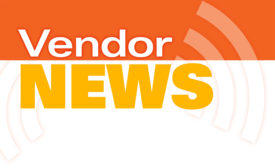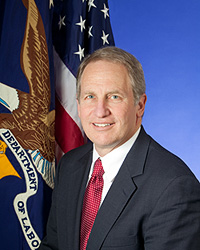Home » employee engagement
Articles Tagged with ''employee engagement''
How organizations can really fight sexual harassment
Workplace psychologists weigh in on culture, policies, and prevention
January 16, 2018
Ergodyne & Corvex Connected Safety partnership leads movement toward connected, intelligent safety products
Two Minnesota-based companies partner to help safety professionals predict and prevent potential workplace hazards through the sharing of real-time data, insights and safety risk concerns from workers connected to intelligent safety gear and a cutting-edge Internet of Things (IoT) platform
November 20, 2017
A Confined Space blog post
Deepwater Horizon: Is the CSB preparing to retreat on worker participation?
November 10, 2017
Never miss the latest news and trends driving the safety industry
eNewsletter | Website | eMagazine
JOIN TODAYCopyright ©2024. All Rights Reserved BNP Media.
Design, CMS, Hosting & Web Development :: ePublishing










